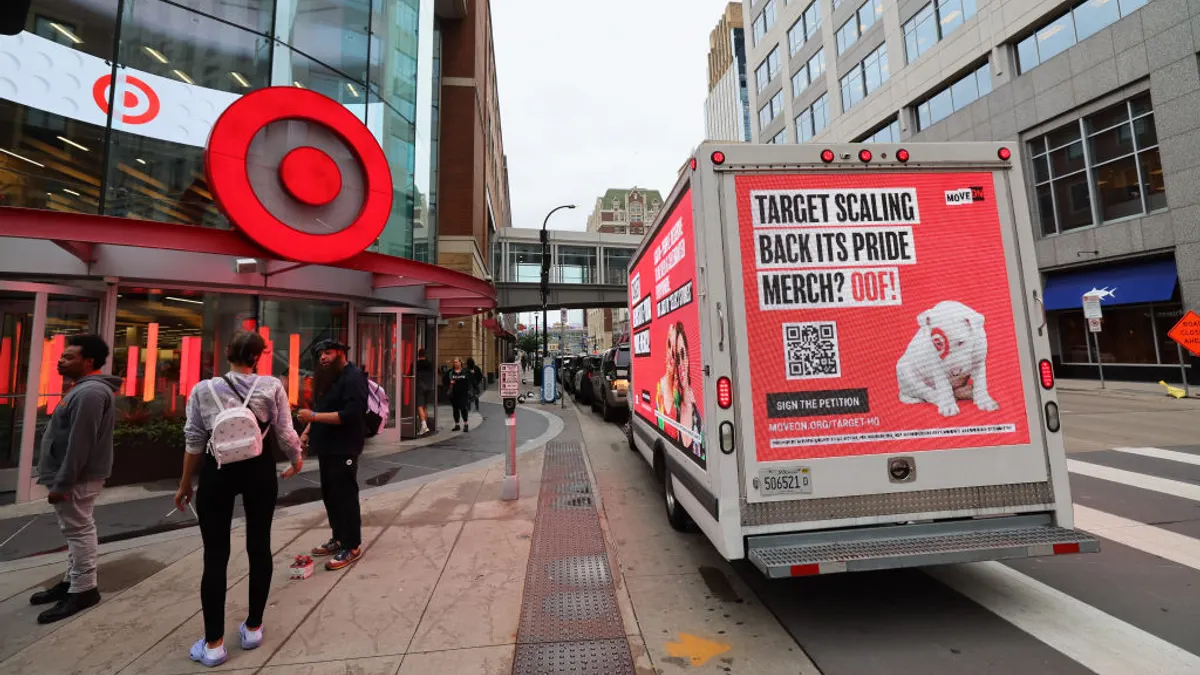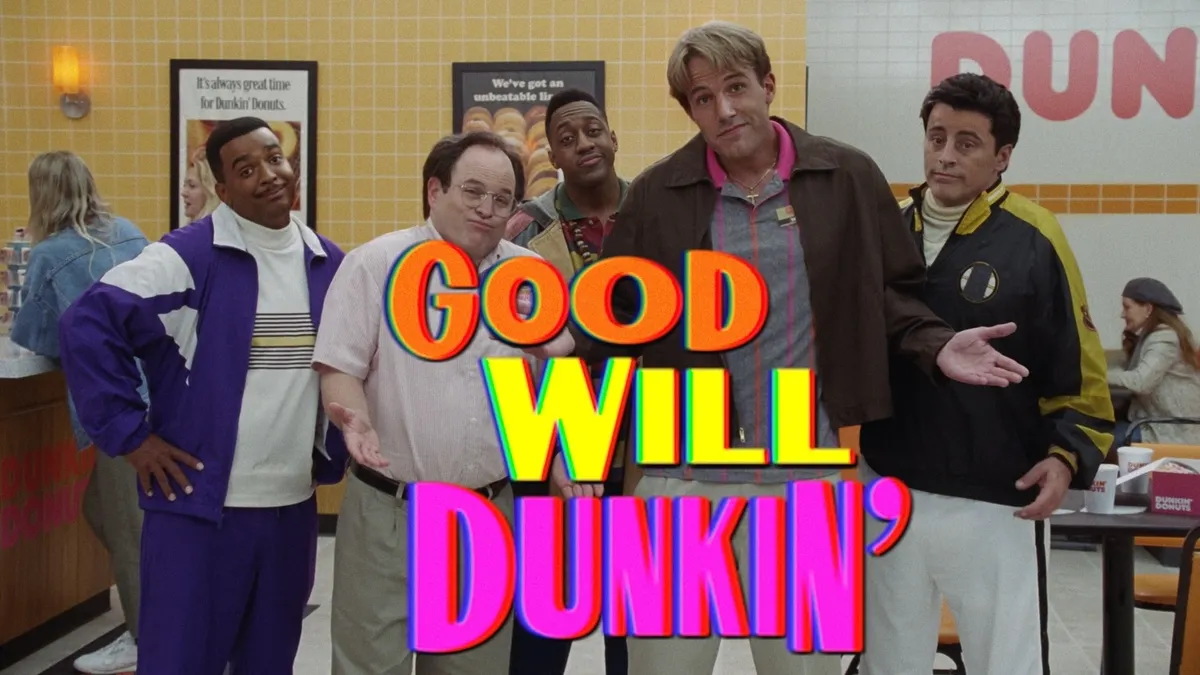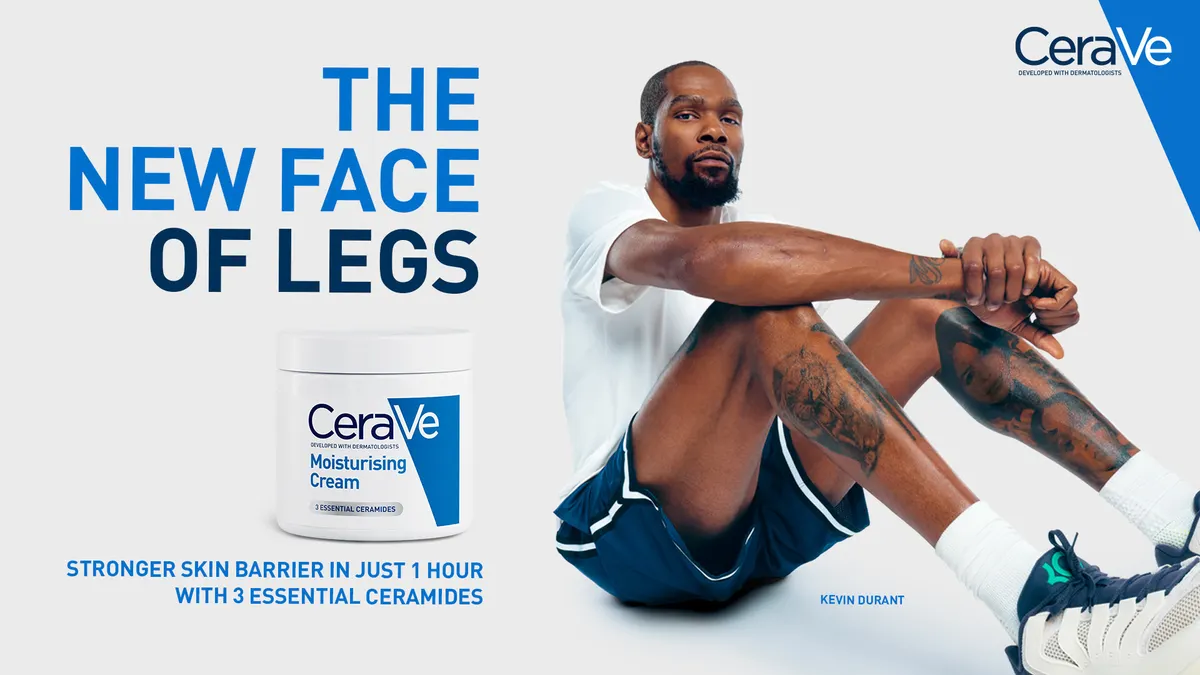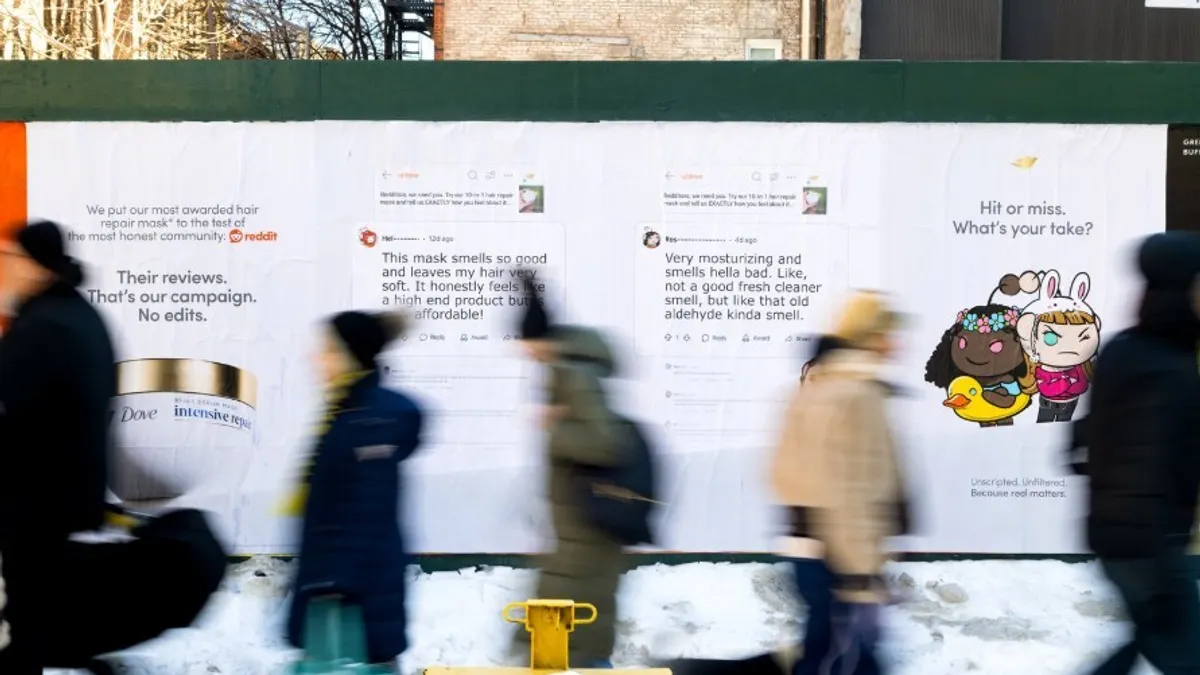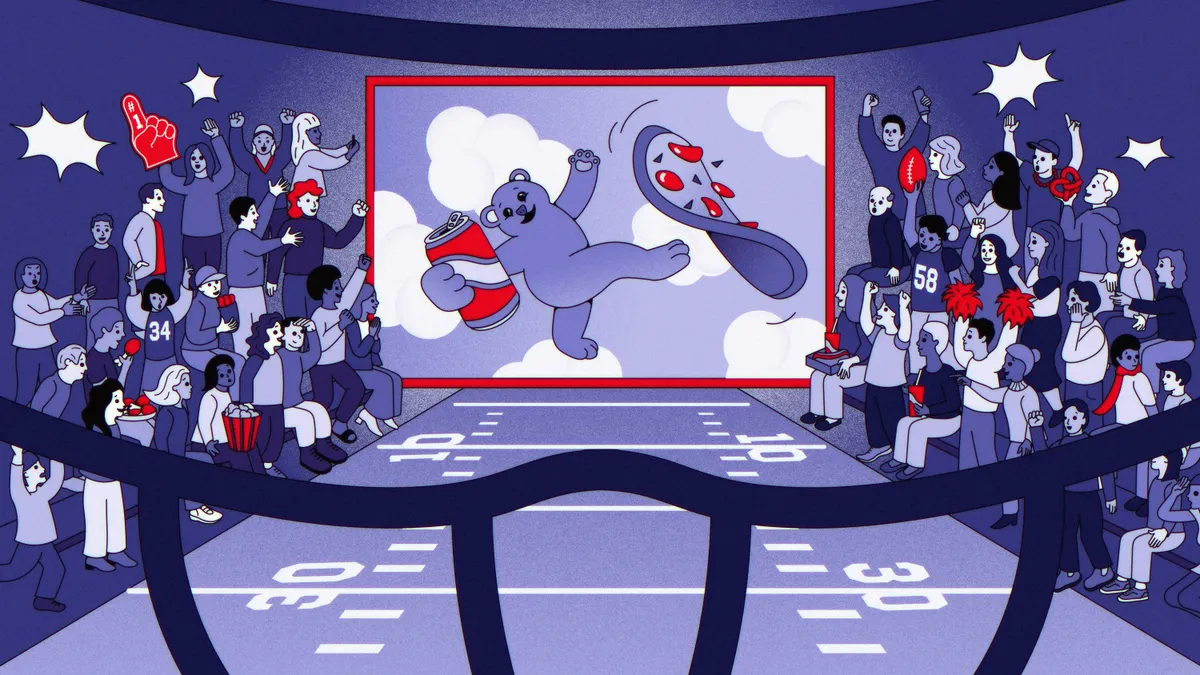Most brands would be hard-pressed to turn their backs on a consumer segment with spending power equal to the GDP of Australia (or about $1.4 trillion) that represents about 10% of the U.S. population. Yet that is what several have done as they scale back or opt out of what had previously been robust support of the LGBTQ+ community, including during Pride month, celebrated each June.
Nearly 40% of companies plan to decrease their overall engagement during Pride month, though another 41% say their efforts will remain the same as in recent years, according to an April report from Gravity Research. No executive surveyed plans to expand Pride efforts.
The reason is political, according to that research, which found that the Trump administration and conservative lawmakers and activists were the top three factors leading brands to reconsider their support of Pride.
Whether there are repercussions for a brand that pulls back depends a lot on what the changes are, how they communicate about them and who their customers are, experts say. Looking ahead, though, it won’t be easy for brands to rejoin the party once the political winds inevitably blow in a less conservative, more tolerant direction, they also say.
Consequences are playing out now for some.
The case of Target
The percentage of companies reducing their visibility around Pride is significant, per Gravity’s research, but one stands out. Target, which has had a strong record of supporting the LGBTQ+ community via corporate giving as well as merchandising, paid a price for its Pride collection two years ago. The effort spanned product categories, was prominently merchandised in stores and online and spotlighted LGBTQ+ organizations, designers and small-business partners.
Activists on social media, including members of Congress, encouraged a boycott, and the retailer pulled its Pride displays from some stores out of safety concerns after some people confronted store workers and destroyed merchandise. The retailer went silent as a backlash to that backlash grew; last year and this year its Pride merchandising has been more subdued and, in some stores, absent.
A Target spokesperson declined to answer questions about the change in approach but noted that the retailer continues to celebrate Pride through merchandising and corporate support, including of Pride parades in several cities.
“We are absolutely dedicated to fostering inclusivity for everyone – our team members, our guests, our supply partners, and the more than 2,000 communities we’re proud to serve,” the spokesperson said in an emailed statement. “As we have for many years, we will continue to mark Pride Month by offering an assortment of celebratory products, hosting internal programming to support our incredible team and sponsoring local events in neighborhoods across the country.”
The retailer is listed as a major sponsor of events in several cities including NYC Pride, Houston Pride and Utah Pride. But not in its hometown, Minneapolis.
Target was ready to donate, as it has for nearly two decades, but Twin Cities Pride turned down the company’s usual $50,000 Pride donation. What prompted the rejection was not its muted Pride collection but its revised approach to diversity. The company characterized the move in January as “staying in step with the evolving external landscape.”
Ahead of that, the retailer met with Twin Cities Pride to discuss the changes. Among them were ending its three-year diversity, equity and inclusion goals and Racial Equity Action and Change initiatives; withdrawing from third-party diversity surveys, including the Human Rights Campaign’s Corporate Equality Index; and changing its “supplier diversity” mission to “supplier engagement.”
“They let me know what was happening, and after looking it over there were just some things that we were not comfortable with, and they couldn't explain to me,” Twin Cities Pride Executive Director Andi Otto said by phone. “And so we made the decision that we would back away from Target’s sponsorship, even though they did in fact want to still sponsor Twin Cities Pride.”
The group made up for the budget shortfall through fundraising and took in more than double what Target would have provided, Otto said.
Like others interviewed for this article, Otto pointed to how Costco responded to a conservative think tank that was agitating against its diversity initiatives. The warehouse retailer not only forcefully defended its practices but also argued that the organization was more concerned about a political agenda than its business or shareholders and called some of its claims “misleading, at best.”
“You know, Costco said they're not backing down on DE and I efforts, and they have done nothing but charge forward,” Otto said. “I'm a little household of four people, but, where I used to be in Target, gosh, four times a week, I'm now at Costco.”
Otto and his family aren’t the only ones. Target has suffered sales and store traffic declines all year, and several analysts assign some blame to fallout from its DEI stance. If Target wants to win back customers from groups it has disappointed, it has work to do, but it’s possible, experts say. Executives in April met with pastors Rev. Al Sharpton and Rev. Jamal Bryant, who have contemplated or endorsed boycotts over the retailer’s DEI changes. Target should also communicate more clearly, according to Jeff Hastedt, co-founder and managing director of marketing firm Brkthru.
“We all know where Chick-Fil-A stands, and you know what? They're unapologetic about it,” he said by video conference. “As someone who runs a business I'll be the first one to tell you that I understand why businesses do what they need to do in order to stay profitable. From a business standpoint, it's been proven over and over again how profitable your company can be by being inclusive of the LGBTQ community.”
Twin Cities Pride’s Otto told Target that he, too, would sit down to discuss what it would mean for Target to “do the right thing.”
“Would they have a lot of work to do? Absolutely. Would it gain back the trust of the consumer right away? Absolutely not,” he said. “But there is always a path to come back into the space that you once were. You're just going to have to work at it, and it's going to have to be done with intention. They are going to have to prove to the community, because in a blink of an eye — and really it was a blink of an eye between November and January — you made a decision maybe without fully thinking it through what was going to happen and what the impact was going to be.”
Pride is a time of celebration and support not just for the LGBTQ+ community, but also allies, Hastedt said.
“You're not ever going to make everyone happy no matter what you do. I don't care what company you run, I don't care what you sell, you're not going to make 100% of the people happy,” he said. “But you have to think about who your clients are, who's going to become fiercely loyal to your brand and stay that way. I'm not defending Target or any group, but I think that was kind of probably lost in the C-suite somewhere.”
Alison Taylor, professor at New York University’s Stern School of Business and author of “Higher Ground: How Business Can Do the Right Thing in a Turbulent World,” believes that criticism of Target is out of proportion, given its ongoing commitment to diversity and support of Pride, and warns that the retailer may be wary of threats of violence behind the scenes. But she, too, says that the company seems to have lost sight of its own values.
“If you've made something a big part of your brand when there was apparent upside, it's best to roll with the punches. Presumably you did this for good reason in the first place?!” she said by email. “We are most mad when we feel our loyalty is betrayed.”
Any company dialing back their Pride support at this moment risks turning people off if they try to dial it back up, Hastedt and Taylor say. “Any brand can recover with the right time and right moves,” but the effort can’t be tied to political tides, according to Hastedt.
“It's going to be very weird when every brand all of a sudden wants to support Pride again,” he said. “There was this element of pink-washing in, like, 2021, 2022, where you felt every brand and their brother was super into Pride, and you felt the inauthenticity. That will be on steroids at some point in the future. I don't know if it'll be next year or in ’28 or beyond, but the pendulum always swings the other way. And for some brands it'll just be inauthentic, and that will actually hurt the ones who are being authentic.”


